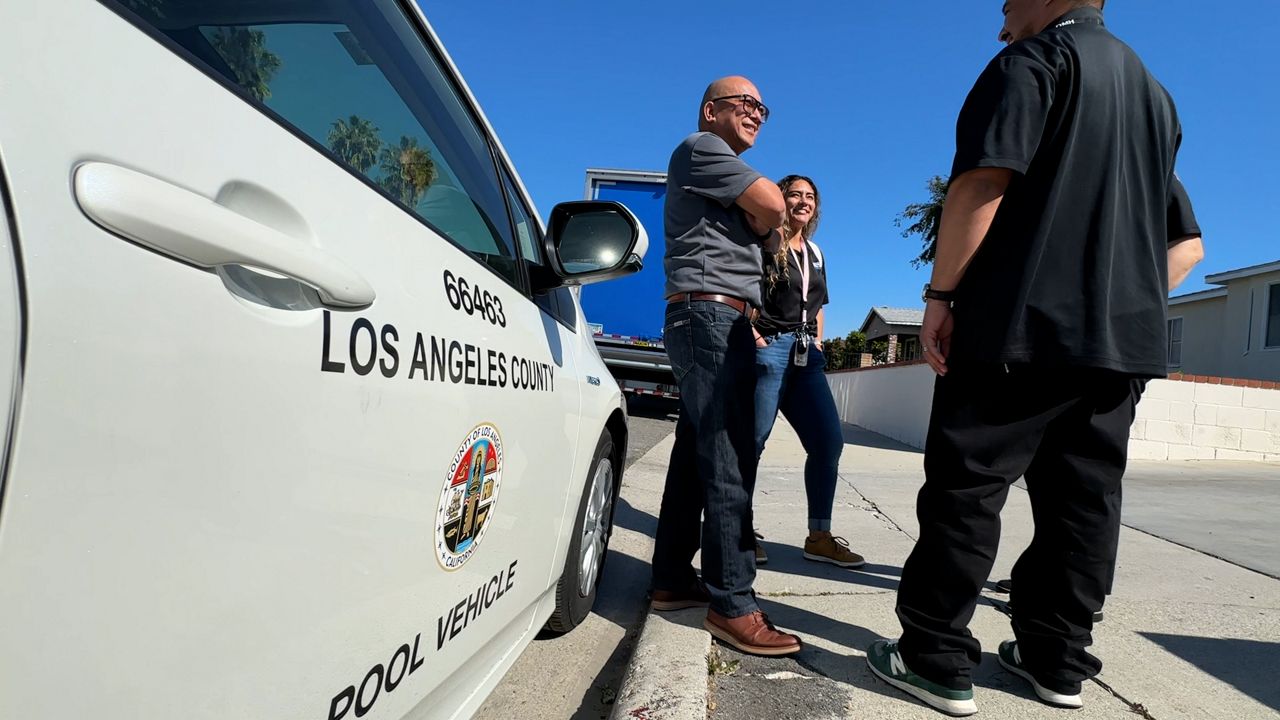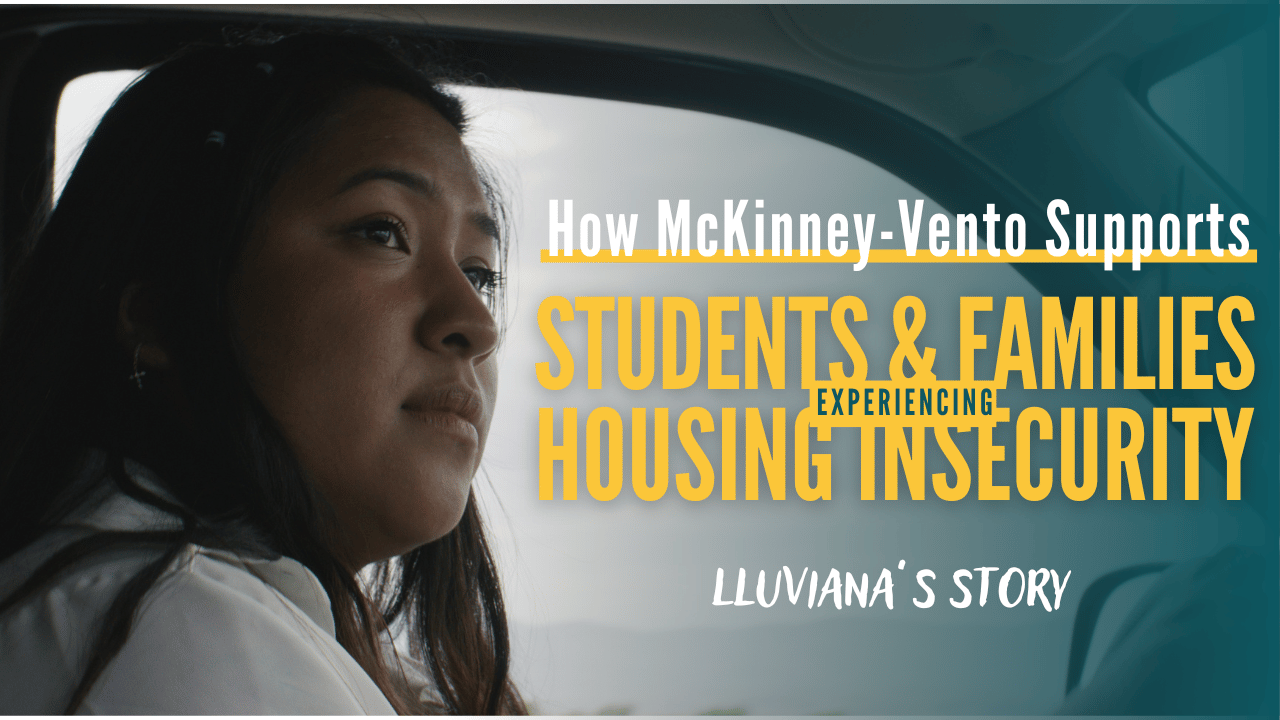
NORWALK, California — The Los Angeles County Department of Mental Health (LACDMH) CARE Court team faces a unique set of challenges and rewards during their outreach days, integral to the overall mission of connecting individuals with severe mental health illnesses to necessary treatment.
For team members like Anthony Perea, a medical case worker, and Marisela Banda, a substance use disorder counselor, the unpredictability of each outreach visit adds both excitement and uncertainty to their roles. “We’re really grateful that he followed his objectives and his goals. We’ve been working on them consistently, checking in. That’s the reason why we are going out there today, just to make sure that he’s consistent,” Perea remarked, underlining the commitment to supporting clients’ progress.
The LA Superior Court CARE Court, implemented in December 2023, symbolizes a critical effort to facilitate a voluntary statewide process. This initiative enables family members, first responders, and related parties to petition on behalf of individuals aged 18 and older who are wrestling with untreated severe mental health issues, such as schizophrenia or other psychotic disorders. The aim is to provide these individuals with access to vital treatment options that could significantly improve their quality of life.
Perea refrained from disclosing details about the specific CARE Court participant being visited due to privacy concerns, but Banda noted the essential role outreach plays in fostering connections with potential clients. “The more that we are able to engage the client, we’re able to build rapport and trust. A significant aspect of this process is definitely building that trust with the clients,” she stated.
In a previous interview, Viktoriya Stinson expressed her hopes for CARE Court to assist her family member battling schizophrenia, while also voicing logistical concerns surrounding the court attendance. “One of the things that I’m thinking about is … who will get my family member to court every single time they need to go? Like this will, for us, change her life,” she said. Stinson’s hesitancy exemplifies the emotional and logistical complexities faced by families navigating the CARE Court system.
As of mid-March 2024, data from the LACDMH indicates that the CARE Court has received approximately 400 petitions. Of those petitions, over 70 participants have entered care agreements to utilize voluntary services, and four care plans have been established that outline court-ordered treatment protocols without mandating medication compliance. However, the overall number of petitions remains lower than expected, prompting questions regarding outreach efficacy. Banda explained, “A lot of times we have clients who don’t even recognize that the need is there, and with family members, they may have exhausted all resources and require professional guidance.”
To facilitate these outreach efforts, CARE Court teams may consist of various professionals, including substance use disorder counselors, medical case workers, and psychiatric social workers. David Slayton, Executive Officer and Clerk of Court at the LA Superior Court, has noted that the team employs technology such as iPads to enhance access for participants attending court hearings virtually. “When those agreements are in place, the court continues to monitor to ensure that individuals are participating in the services as agreed to by the treatment or housing providers,” he stated.
Encouragingly, Slayton reported a series of positive outcomes from the program, citing stories of individuals stabilizing and securing housing as proof of its potential benefits.
Ultimately, the CARE Court initiative relies on collaboration. Hospital directors, first responders, and licensed behavioral health professionals are urged to consider filing petitions for individuals in need. Such petitions can be submitted either online or in person across various courthouse locations.
Following their outreach, Perea reflected on the visit’s success. “We were able to continue and connect him with more resources today, which was great, and that’s definitely something we were looking forward to,” he concluded, emphasizing the team’s ongoing commitment to fostering well-being among those who need it most. As the initiative continues, over 260 petitions remain active with more than 120 hearings scheduled between March and May, demonstrating a sustained call for effective mental health intervention within the community.

